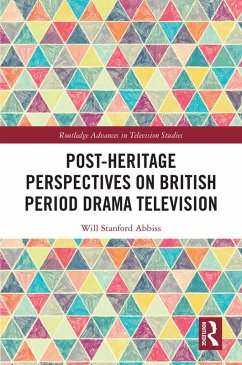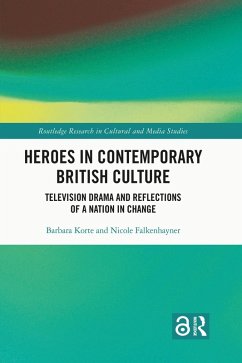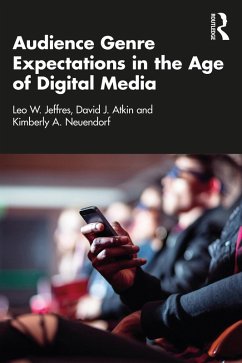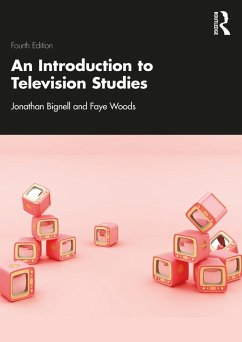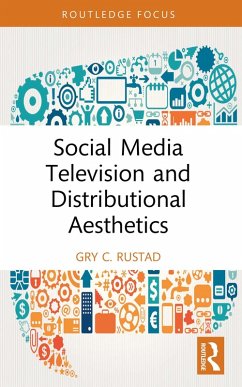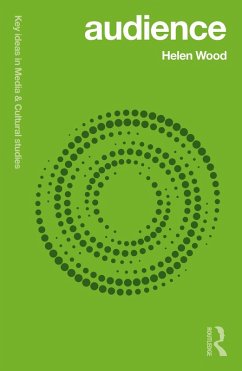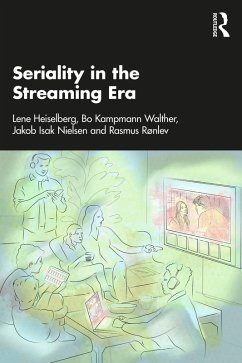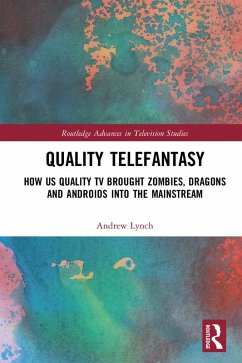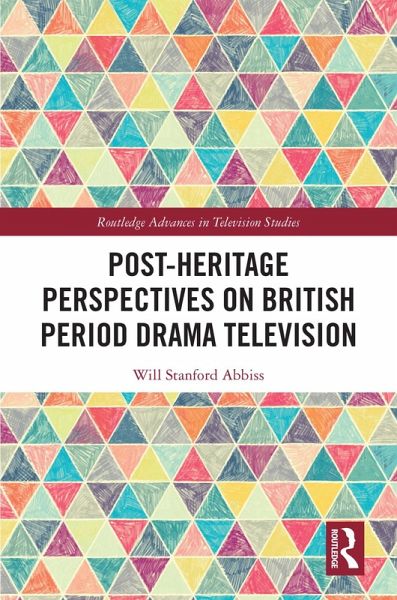
Post-heritage Perspectives on British Period Drama Television (eBook, ePUB)
Versandkostenfrei!
Sofort per Download lieferbar
39,95 €
inkl. MwSt.
Weitere Ausgaben:

PAYBACK Punkte
20 °P sammeln!
Drawing upon the existing scholarship of period drama and emerging research into new media ecologies, instigated by television streaming services such as Netflix, this book establishes a critical framework for understanding the representation of nationhood and cultural identity in television drama.By formalising the term 'post-heritage' the book proposes a methodology which recognises the interplay of traditional and innovative elements within period drama productions. The book applies this critical perspective to popular British period drama productions from the 2010s, with examples including...
Drawing upon the existing scholarship of period drama and emerging research into new media ecologies, instigated by television streaming services such as Netflix, this book establishes a critical framework for understanding the representation of nationhood and cultural identity in television drama.
By formalising the term 'post-heritage' the book proposes a methodology which recognises the interplay of traditional and innovative elements within period drama productions. The book applies this critical perspective to popular British period drama productions from the 2010s, with examples including The Crown, the 'society dramas' of Upstairs Downstairs and Downton Abbey, Steven Knight's Dickens adaptations, and Stephen Poliakoff's recent oeuvre, to demonstrate the benefits of evaluating period drama as part of twenty-first century television's developments. It challenges the assumptions around characteristics and ideological purpose that period drama discourse often contends with, and offers new perspectives on understanding the past through televisual representations.
This book will be important reading for students and scholars of television studies, film studies and cultural studies.
By formalising the term 'post-heritage' the book proposes a methodology which recognises the interplay of traditional and innovative elements within period drama productions. The book applies this critical perspective to popular British period drama productions from the 2010s, with examples including The Crown, the 'society dramas' of Upstairs Downstairs and Downton Abbey, Steven Knight's Dickens adaptations, and Stephen Poliakoff's recent oeuvre, to demonstrate the benefits of evaluating period drama as part of twenty-first century television's developments. It challenges the assumptions around characteristics and ideological purpose that period drama discourse often contends with, and offers new perspectives on understanding the past through televisual representations.
This book will be important reading for students and scholars of television studies, film studies and cultural studies.
Dieser Download kann aus rechtlichen Gründen nur mit Rechnungsadresse in A, B, BG, CY, CZ, D, DK, EW, E, FIN, F, GR, HR, H, IRL, I, LT, L, LR, M, NL, PL, P, R, S, SLO, SK ausgeliefert werden.




